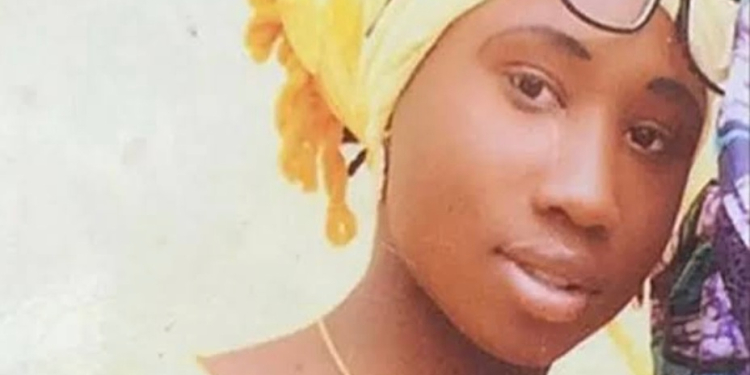On what should have been a day of celebration, Rebecca Sharibu lit no candles, cut no cake, and hugged no daughter.
Instead, she marked the 22nd birthday of her daughter, Leah Sharibu, with tears, prayers, and an unyielding hope—for the seventh time since Leah’s abduction in 2018.

Leah Sharibu, a then-14-year-old student of Government Girls’ Science and Technical College, Dapchi, Yobe State, was among 110 girls kidnapped by Boko Haram on February 19, 2018.
Within weeks, most of her classmates were released. Leah was not. According to reports, she refused to renounce her Christian faith and was held back.
“She has spent seven of her birthdays in captivity. It is painful beyond words,” Mrs. Sharibu said in a poignant video shared by Open Doors UK on Thursday.

Her eyes heavy with emotion, she described the separation as “deeply painful,” yet testified that her faith in God—and in her daughter’s return—remains firm.
Leah’s continued captivity has become a powerful symbol of the struggle for religious freedom in Nigeria.
Her story has drawn global attention, from quiet vigils in small churches to formal resolutions by international bodies. And still, the silence from her captors continues.
Over the years, Mrs. Sharibu has turned her private pain into public advocacy. She has made passionate appeals to the Nigerian government, international human rights groups, and faith communities around the world. With each passing birthday, the urgency grows.

“Please don’t stop praying,” she urged in her recent message. “Not just for Leah, but for all who are imprisoned because of their faith.”
As Leah Sharibu turns 22, she is no longer a girl but a woman—growing older in the shadows of a captivity that has spanned nearly a third of her life.
Her absence is a haunting reminder of the hundreds still held by insurgents in Nigeria’s troubled northeast.
Yet, her name lives on—spoken in prayers, lifted in songs, etched in memory. And for her mother, hope lives on too.











